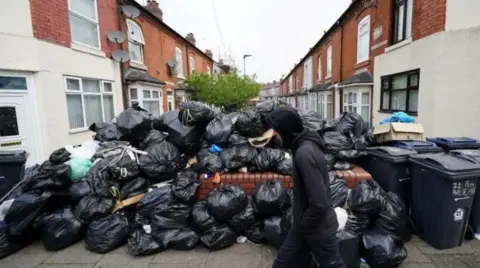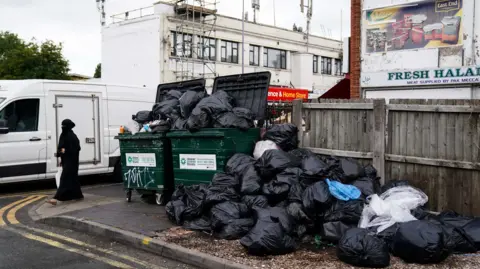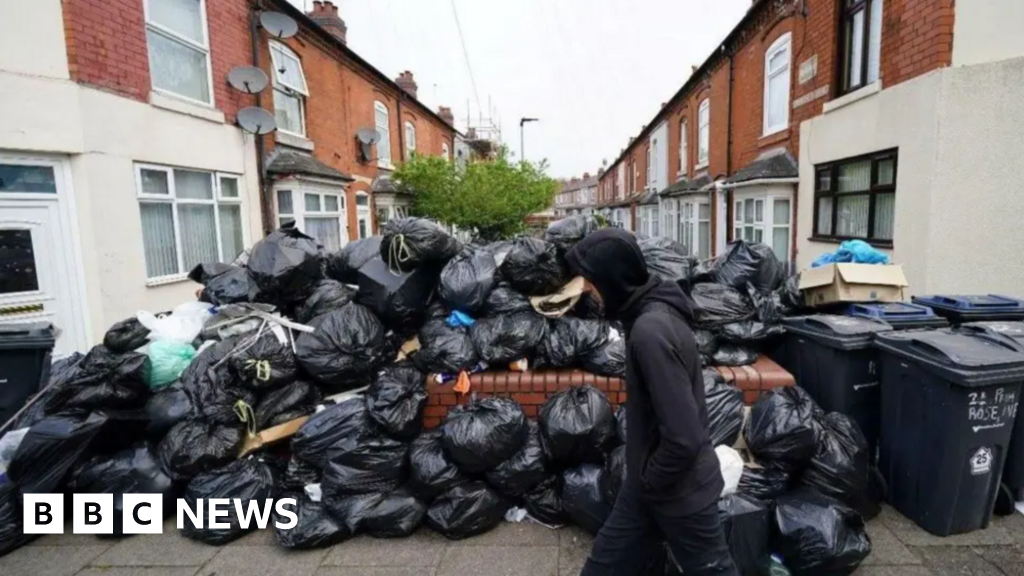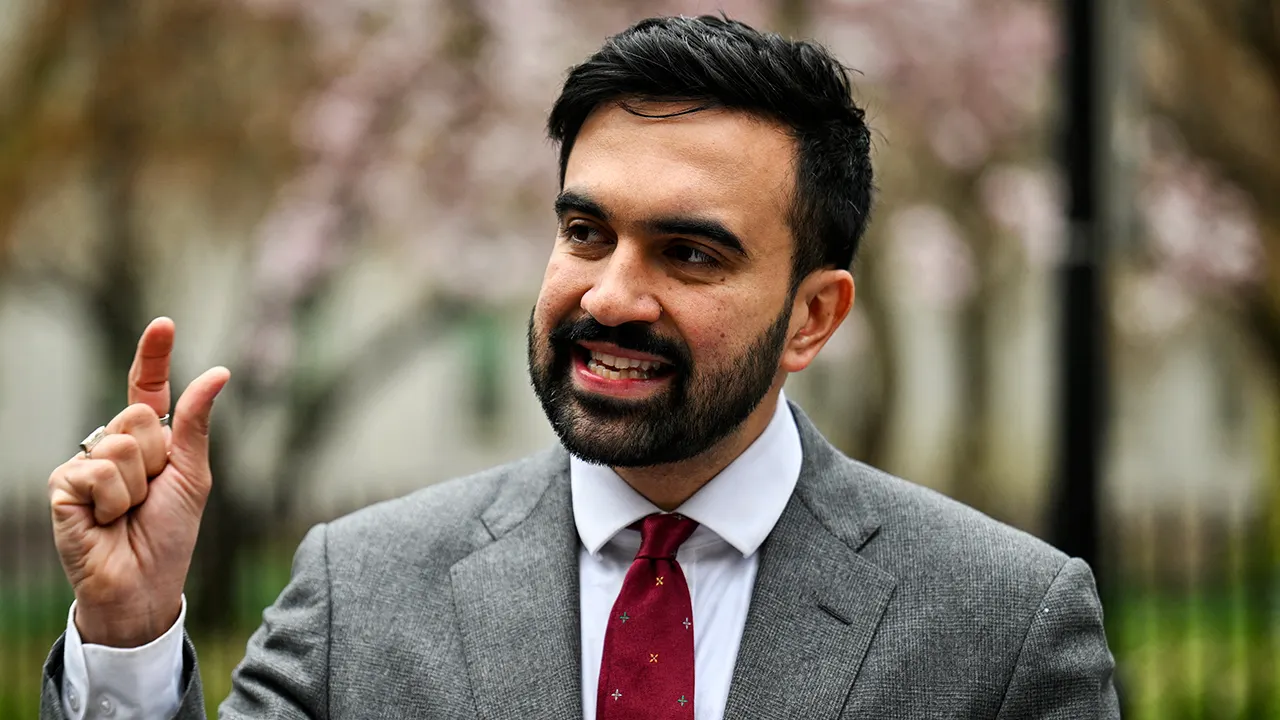BBC News, West Midlands
 PA Media
PA MediaTalks over Birmingham’s bin strike have broken down with the council leader saying the authority was “walking away”.
Conciliation service Acas has been mediating in the negotiations since May, but now leader John Cotton has said the authority has “reached the absolute limit” of what it can offer.
Mountains of rubbish have been seen across the city since bin collection workers walked out in January, with an all-out strike going on since March.
Cotton said the council had negotiated in good faith but the union, which has been approached for comment, had rejected all offers the authority has made.
He also said the authority would “press ahead to both address our equal pay risk and make much needed improvements to the waste service”.
The plan does mean waste service staff jobs would be axed, Cotton explained, with voluntary redundancy options remaining on the table, as well as “opportunities for training and redeployment across the council.”
The union walked out on strike after claiming 170 workers would face losing up to £8,000 a year due to the council’s decision to remove Waste Recycling and Collection Officer (WRCO) roles.
In May, Unite union boss Sharon Graham said that the regrading of bin workers should actually be called out as “fire and rehire”.
“They have said to these workers that, ‘The job that you do, the pay that you get, you either do that job now for £8,000 less or go’,” Ms Graham said.
“In any other situation we would be calling this out as fire and rehire. Equal pay does not mean you cut the pay of workers.
“It’s supposed to mean you push up the pay of women, if it’s commensurate with the role that men are doing.”
The authority has maintained that under its proposals, far fewer workers that 170 would see their annual pay reduced.
 PA Media
PA MediaOne bin worker, who is an active union member but asked not to be named, told the BBC that the council’s offer was inadequate.
“For them to say they are walking away when they haven’t come to the table is absolutely absurd,” he said.
“All we want as refuse workers is to go back to work. The majority of us live in the city that we also work in. We just want all this sorted out.”
But, Cotton said that while being committed to creating an “efficient, improved service” that meets the city’s needs, the authority would not “jeopardise the considerable progress we have made in our financial recovery” by offering more to bin workers than was affordable.
‘Get bins emptied’
While the strike continued, the leader said the council would continue to provide its contingency bin collections and that he was keen to bring recycling and green waste collections back “on stream”.
Leader of the council’s Conservative opposition Robert Alden, said the refuse service needs to be “back up and running, the bins emptied and the streets cleaned”.
He said there had been calls for months over putting “firm deadlines on offers” rather than allow “constant moving of the goal posts.”
Cotton stressed however, that the authority stands ready “to engage constructively if Unite want to engage constructively. But, what is most important here is the people of the city and the need to deliver a waste service that works for everybody”.
A transformed service would help boost the city’s recycling rate of 22.9%, which is the lowest of any unitary authority in the country, with the exception of Liverpool, the council said.
If it does not meet the government’s target rate of 65% by 2035, it could face a reduction in grant funding.







